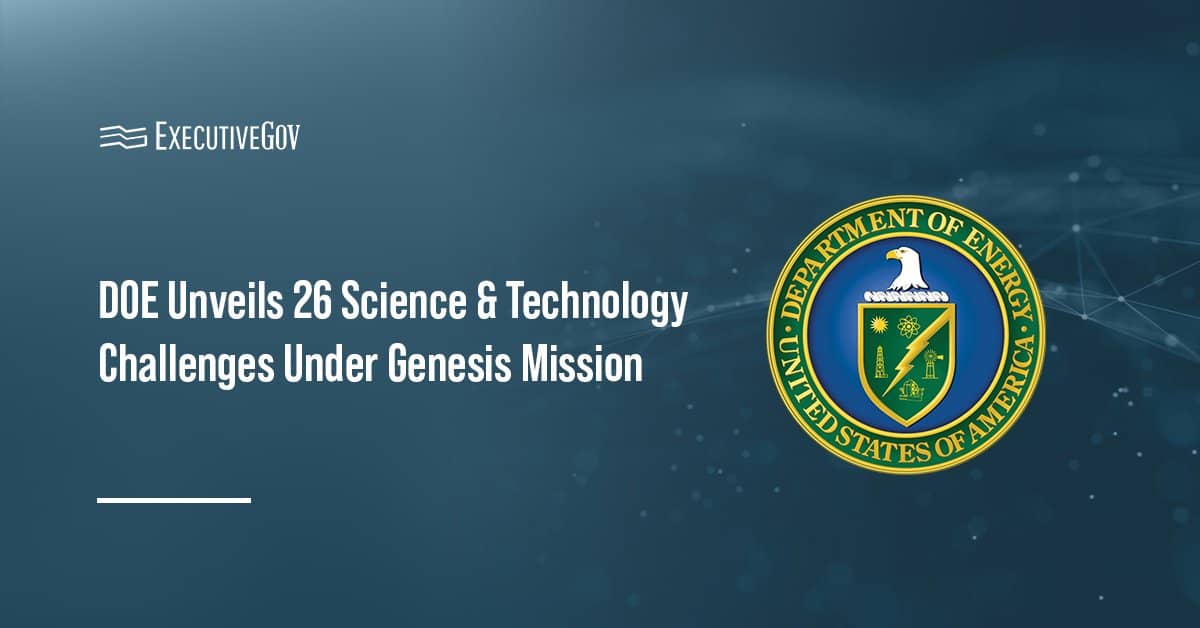The Department of Energy’s National Energy Technology Laboratory has unveiled a new Earth-energy data visualization tool designed to enable optimized data access and enhanced online mapping experience.
NETL said Tuesday the EDX Spatial platform hosts vast amounts of Earth-energy data files from the DOE Fossil Energy Carbon Management and other public sources.
EDX Spatial is designed as the official geospatial data visualization, discovery and exploration tool of the Energy Data eXchange, a virtual platform hosting a collection of fossil energy research and development data and tools.
Data collections accessible through EDX Spatial are the Carbon Storage Open Database, Natcarb Viewer 2.0, Offshore Gulf of Mexico Collection, Rare Earth Elements and Coal Open Database and Global Oil and Gas Infrastructure Database.





